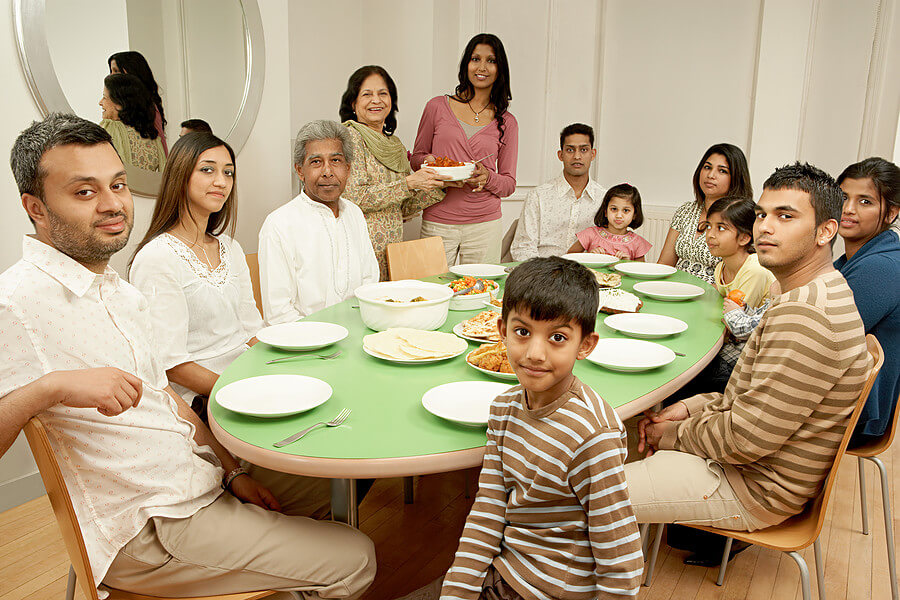Contents:
Vocabulary: Cultures, Nuclear families, Extended families, Sharing of responsibility
Reading: The meaning of family
————————————–
1. VOCABULARY:
Bé hãy bấm vào tranh để nghe âm thanh của từ nhé!

The way of life, especially the general customs and beliefs, of a particular group of people at a particular time

A family consisting of two parents and their children, but not including aunts, uncles, grandparents, etc

A family unit that includes grandmothers, grandfathers, aunts, and uncles, etc. in addition to parents and children

Something that it is your job or duty to deal with
Excersive: Answer the questions:
-
- Are your friends and family important to you?
- Which of these things do you do with family?
* Get advice on your work or studies
* Talk about your relationship
* Spend leisure and social time - What do you expect to read about?
* Family life in different cultures
* How families spend your leisure time
* How individual families have their own way of doing things
2. READING:
The meaning of family
We all know that each family is unique and that families differ around the world, but how?

A We are all individual people and we are all the members of society too. Cultures differ in the relationship between the individual and the community. Some cultures focus on the significance of each individual; some believe that the interests of the community matter more than those of the individual. This has an impact on attitudes towards family life. Cultures that value individuality focus on the individuals’ right to independence and a private life. Cultures that give greater value to the community say that individuals must put the wishes of their family and their society before their own individual wishes.
B Many western cultures place a high value on the individual. In these cultures, people live in ‘nuclear families’. This means that only the parents and their children live together. In many other cultures people live in ‘extended families’. In these families, children are not only close to their immediate family; they also have strong relationships with their grandparents as well as their aunts, uncles and cousins. The different generations of extended families often live together in one house.
C In modern nuclear families, the mother and the father usually decide together how they want to live and how they will educate their children. In extended families, there is often a more traditional sharing of responsibility. The father is usually responsible for life outside the home. He, for example, is responsible for finance or legal decisions. It is usually a woman – the mother or sometimes the grandmother – who has responsibility for the life inside the house. She chooses, for instance, what the family will eat or what colour the walls will be.

E Nowadays many societies are multicultural. So everyone has to understand that cultural differences affect family relationships. It is important to remember, however, that cultures do not stand still. That means we cannot know for sure what a person’s attitude towards their family is today just because they come from a particular culture.
Excersive: Read the passage and match the topics with the paragraphs
- Family size
- The individual and society
- Social change
- Different sides of the family
- Roles in the family

